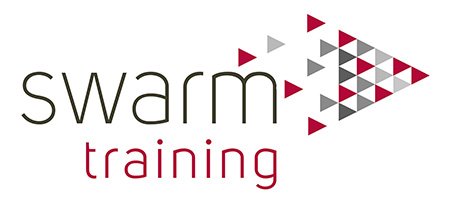
Professional Accounting or Tax Technician
Level: 4 / Duration: 16-18 mths
Professional Accounting or Tax Technicians will have responsibility for creating, and/or verifying and reviewing, accurate and timely financial information within the organisation in which they are employed or on behalf of another organisation. Individuals in the role of a Professional Accounting or Tax Technician will have responsibility for creating, and/or verifying and reviewing, accurate and timely financial information within the organisation in which they are employed or on behalf of another organisation.
A successful apprentice will have met the core requirements common to both areas and one of the two technical knowledge option requirements.
Option 1: Accounting
Knowledge and understanding of the core elements of double entry bookkeeping and accounting standards enable accountants to create and report financial information to the users of accounts. A Professional Accounting Technician will understand and/or validate the accounting standards for basic accounts preparation and/or the drafting of financial statements. Depending on their role they will also have specialist knowledge in other aspects of accounting, for example management accounting and tax accounting.
Option 2: Tax
A Professional Tax Technician will be required to have knowledge and understanding of the core elements of personal and business taxation and accounting principles. They will be required to prepare tax calculations, prepare government forms, understand and comply with filing deadlines, and document client paperwork. Depending on their role they will also have specialist knowledge in other areas of taxation, for example business compliance, VAT, Inheritance tax, trusts and estates and corporate tax.
Requirements of this apprenticeship
This occupation covers two areas of specialism, accounting and tax.A successful apprentice will have met the core requirements common to both areas and one of the two technical knowledge option requirements.
Option 1: Accounting
Knowledge and understanding of the core elements of double entry bookkeeping and accounting standards enable accountants to create and report financial information to the users of accounts. A Professional Accounting Technician will understand and/or validate the accounting standards for basic accounts preparation and/or the drafting of financial statements. Depending on their role they will also have specialist knowledge in other aspects of accounting, for example management accounting and tax accounting.
Option 2: Tax
A Professional Tax Technician will be required to have knowledge and understanding of the core elements of personal and business taxation and accounting principles. They will be required to prepare tax calculations, prepare government forms, understand and comply with filing deadlines, and document client paperwork. Depending on their role they will also have specialist knowledge in other areas of taxation, for example business compliance, VAT, Inheritance tax, trusts and estates and corporate tax.
Assessment
The EPA assessment period will be upto 12 weeks| Submit a portfolio of evidence of their best work |
| Optional achievement of:
- AAT Professional Diploma in Accounting (if you successfully complete this qualification and fulfil the AAT work experience requirements, you can apply for AAT full membership and achieve professional MAAT status) |
| A Role Simulation giving the Apprentice the opportunity to tackle a series of business related tasks |
| A Reflective Statement that reflects on the Portfolio, either through a written statement, presentation or structured discussion with an Independent Assessor |
Knowledge, Skills and Behaviours
We can provide you with a full list of the Knowledge, Skills and Behaviours which your apprentice will be taught and assessed on but as an overview, your apprentice will learn the following:
-
Business Awareness
Ethical Standards
Regulation and Compliance
Systems and Processes
-
Analysis
Communication
Leadership
Planning and Prioritisation
Produces quality and accurate information
Team working and collaboration
Uses systems and processes
-
Adaptability
Adding value
Ethics and Integrity
Proactivity
Professional scepticism
OR
complete the form below
